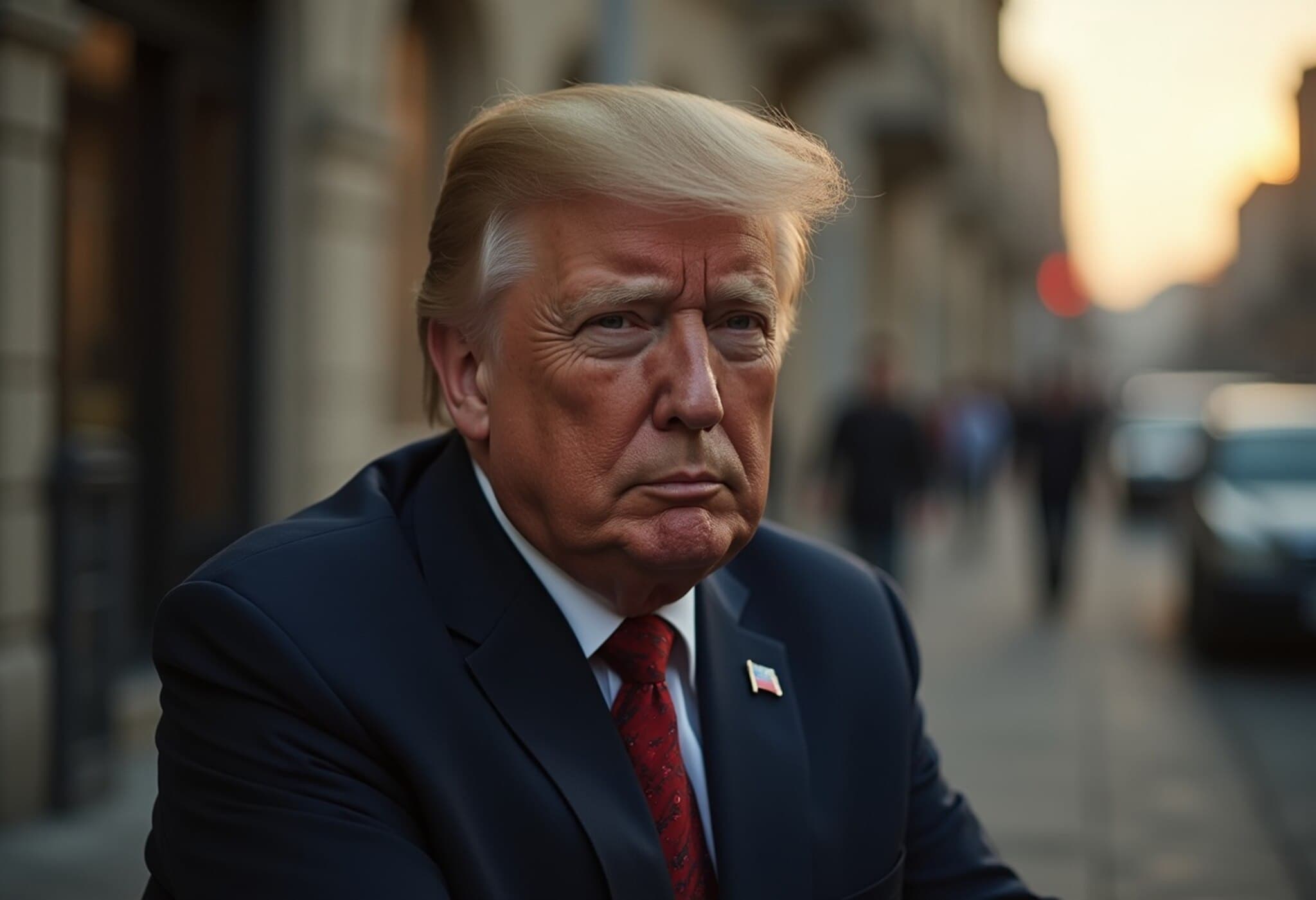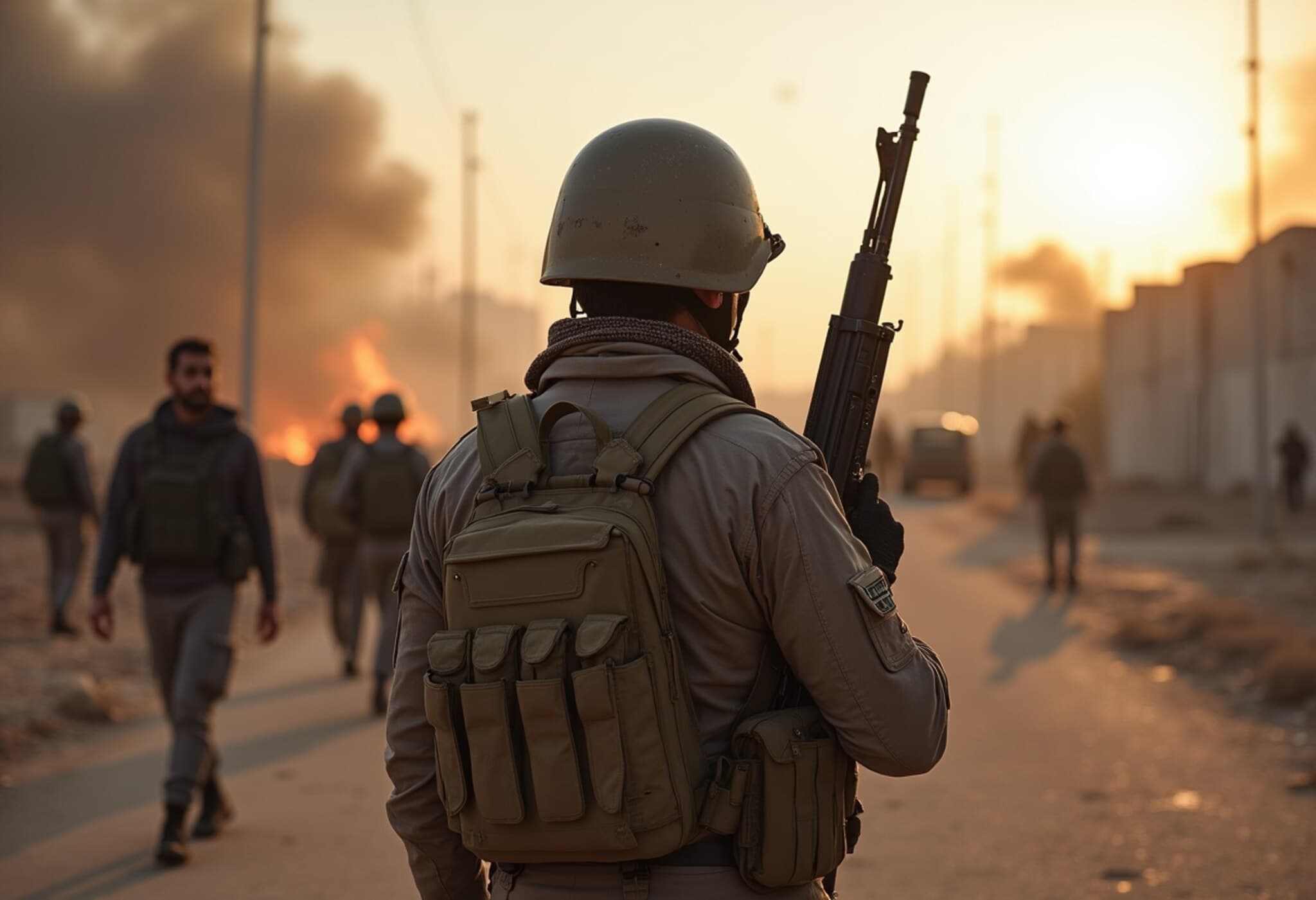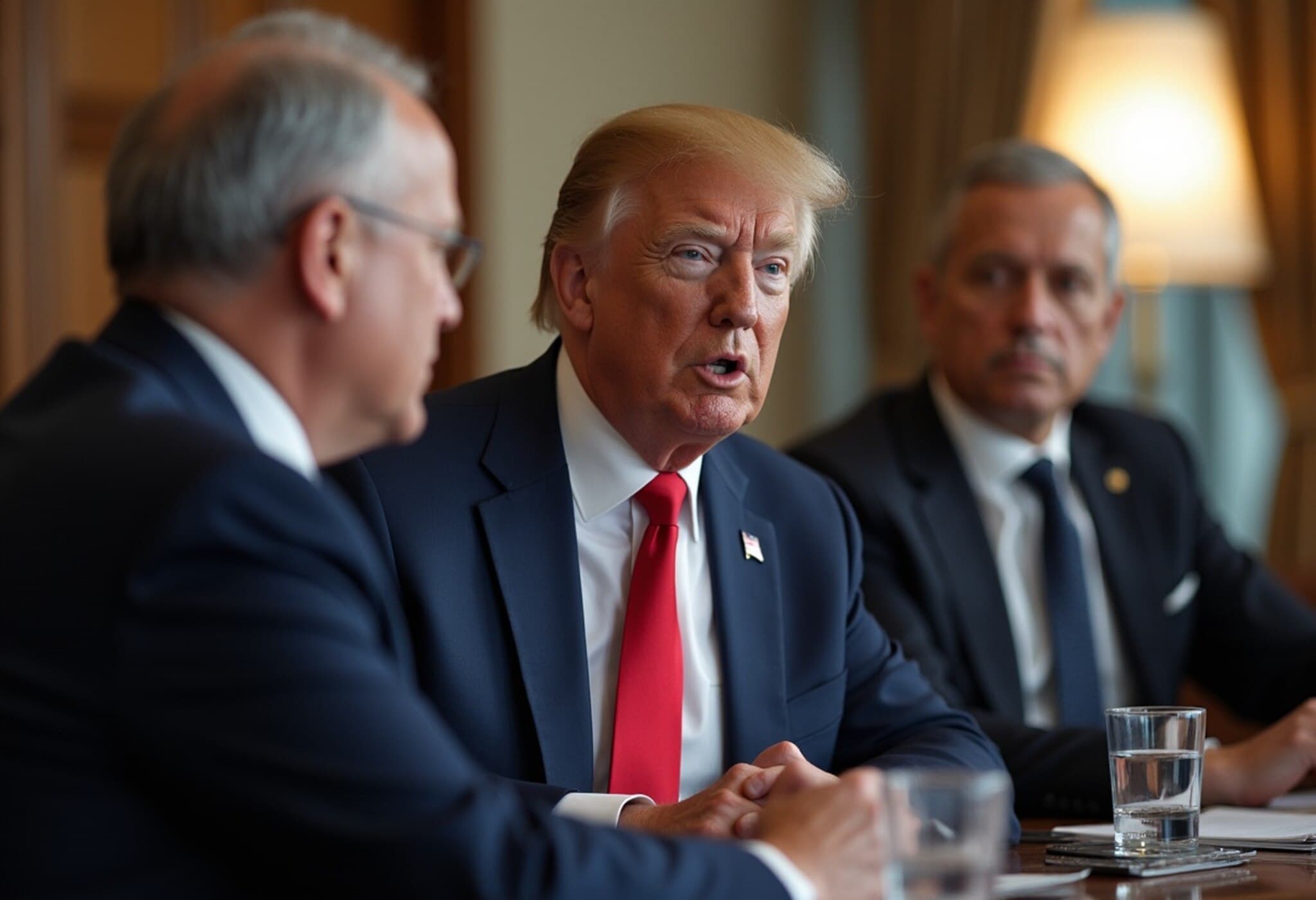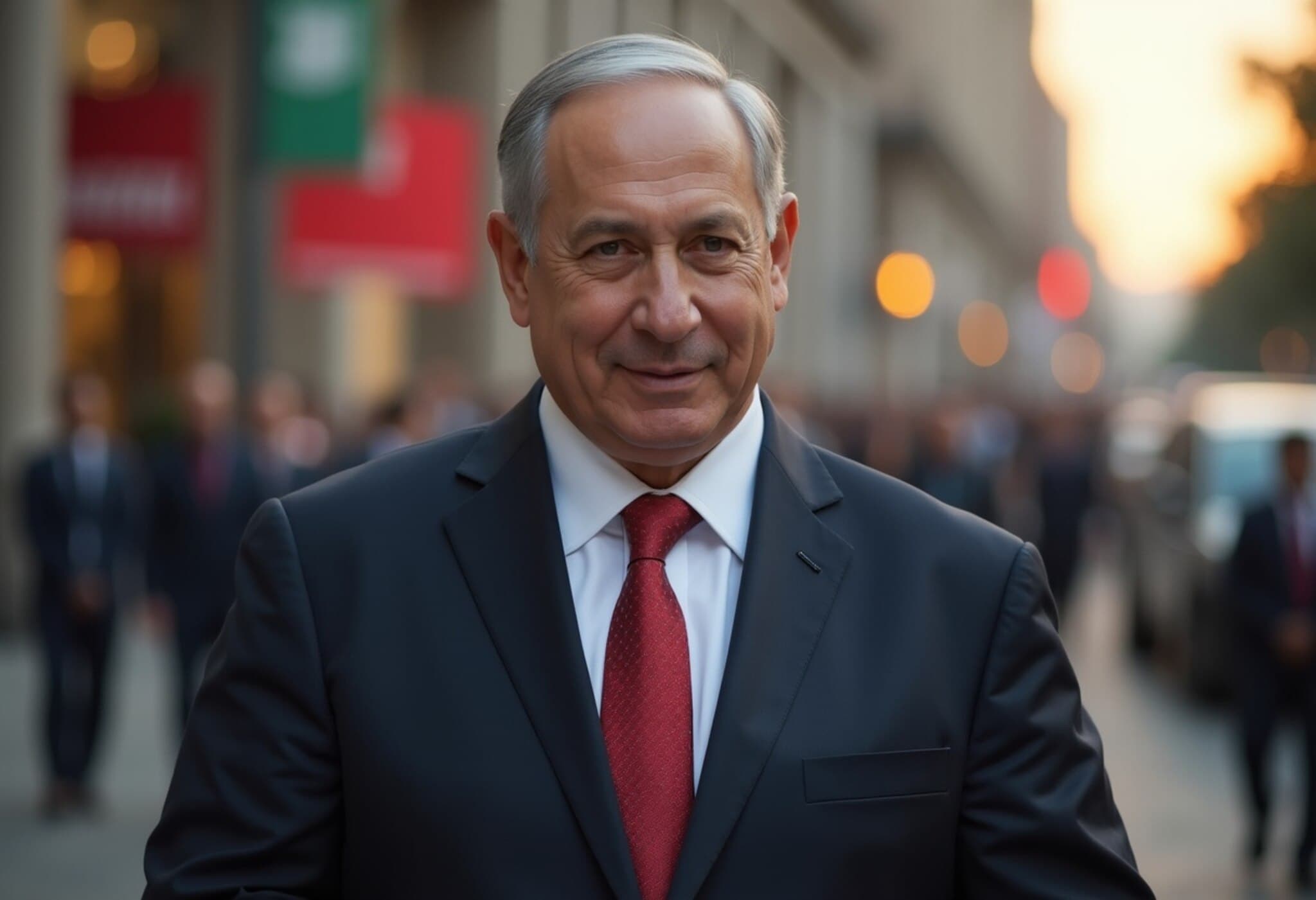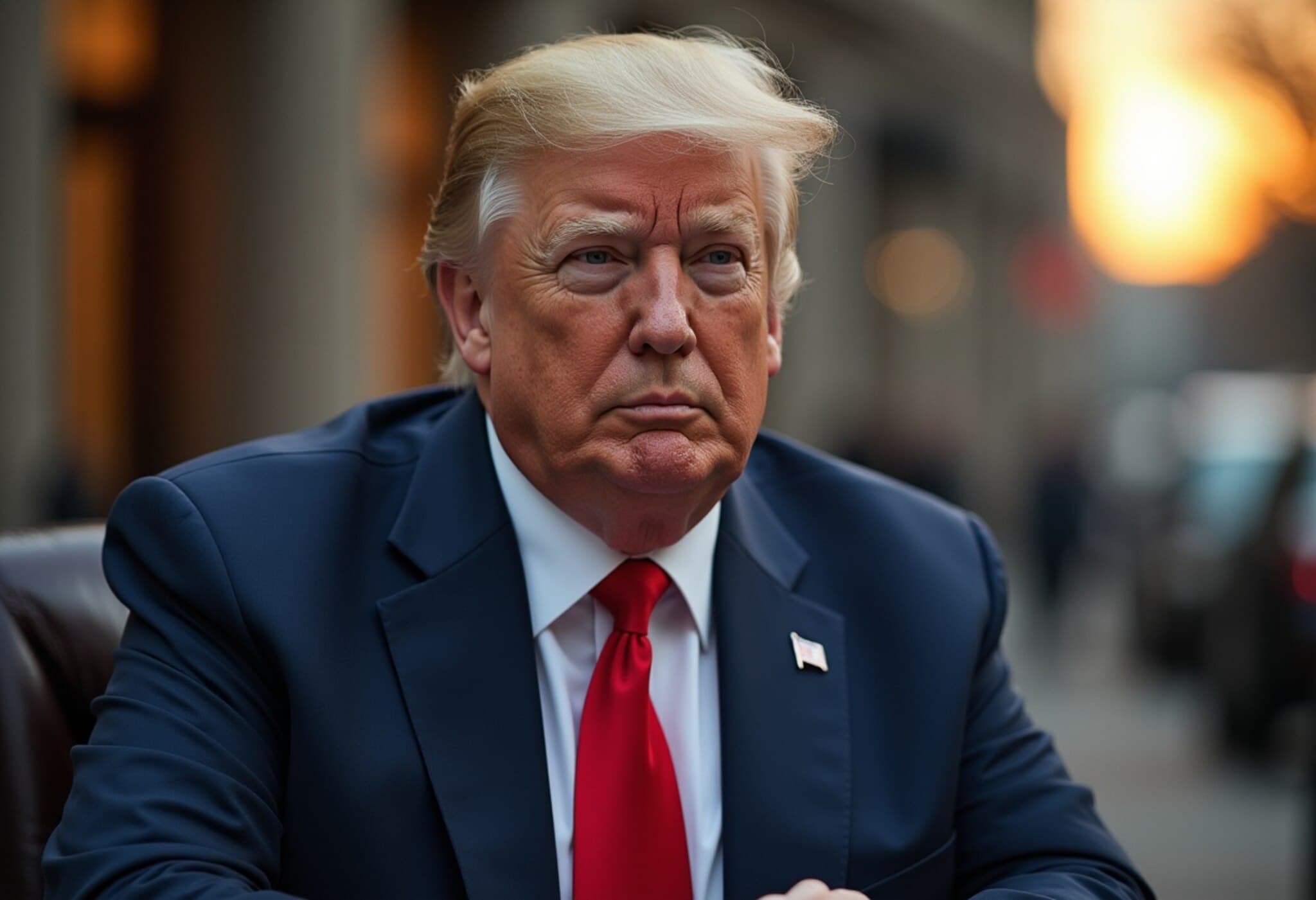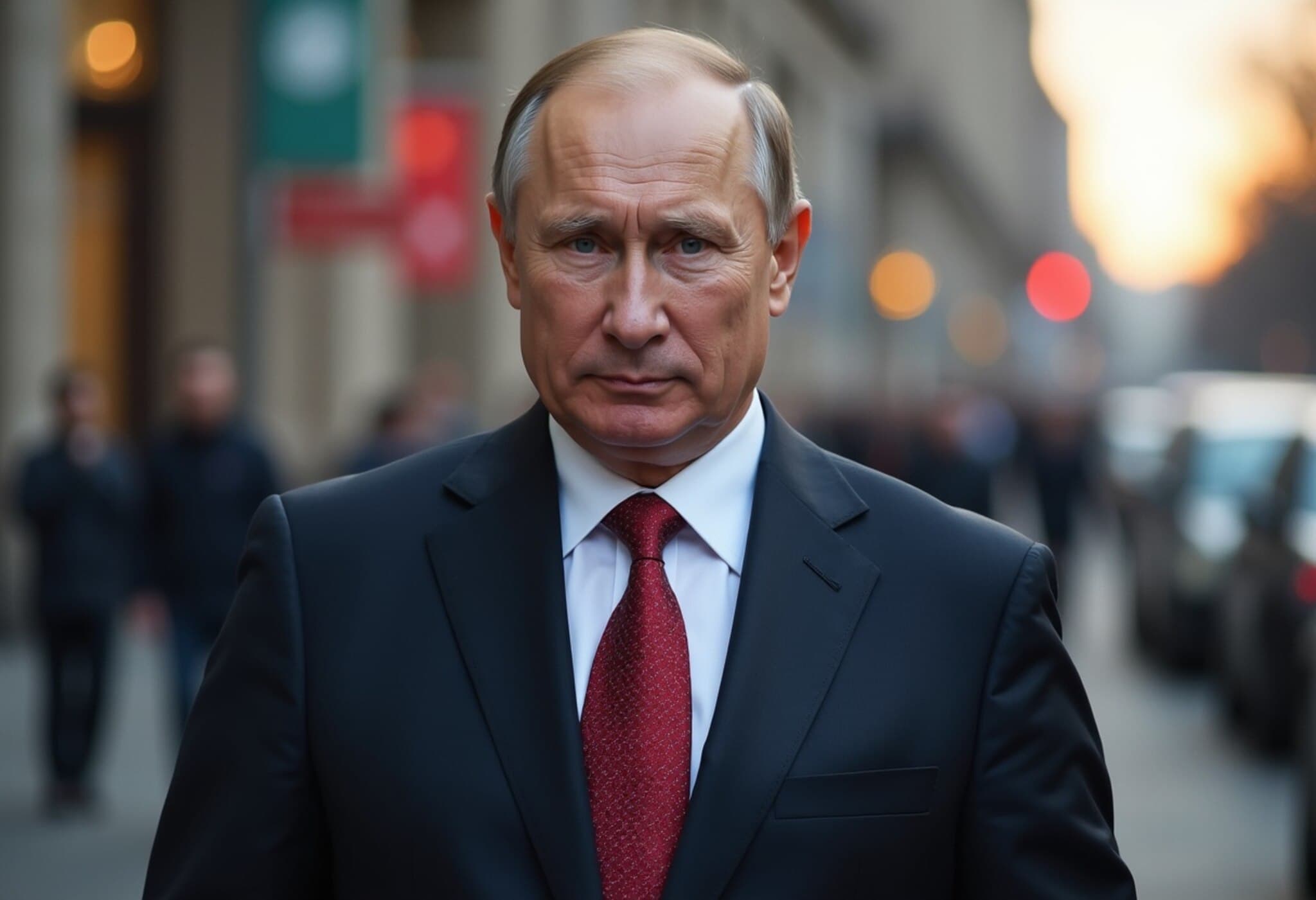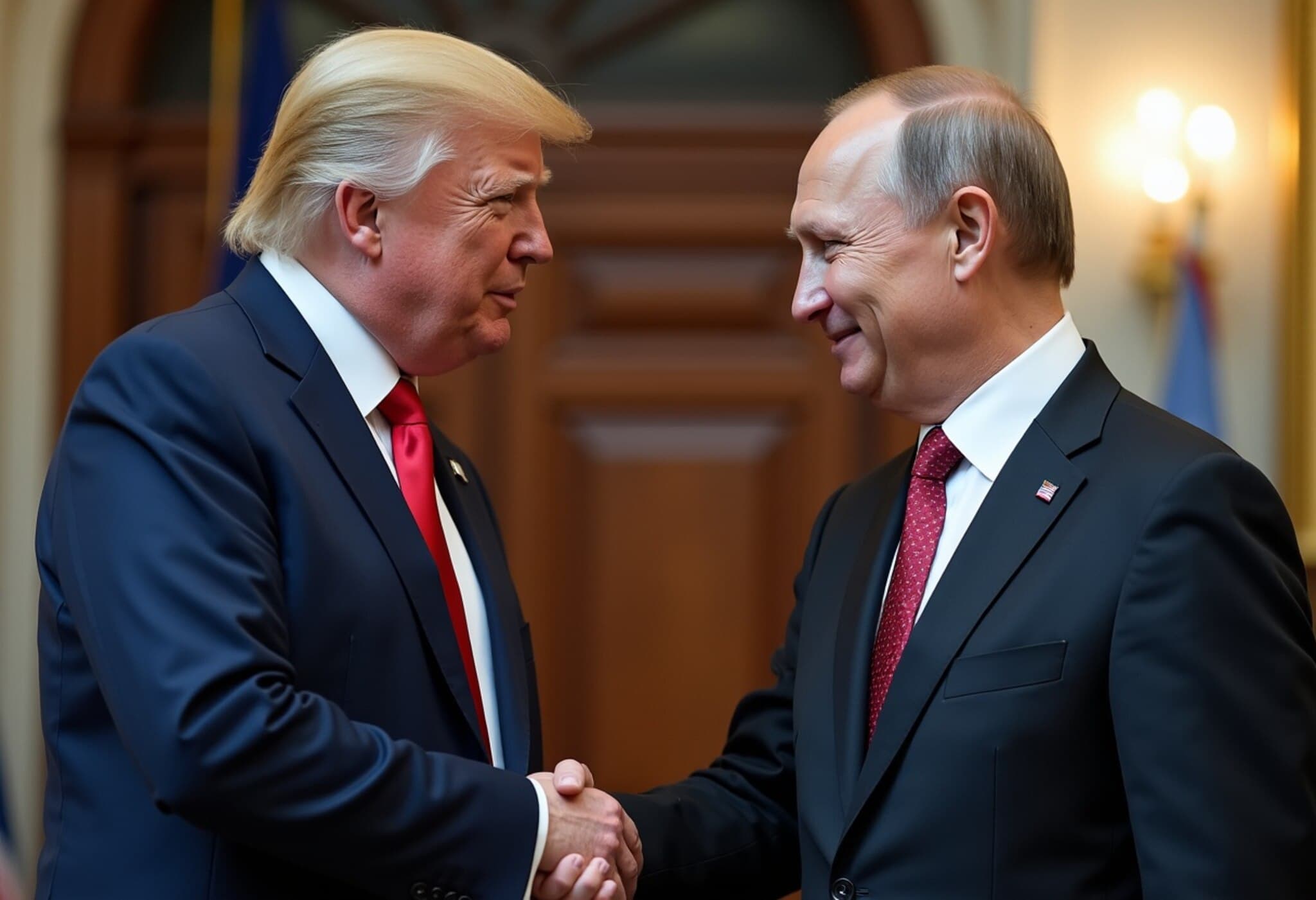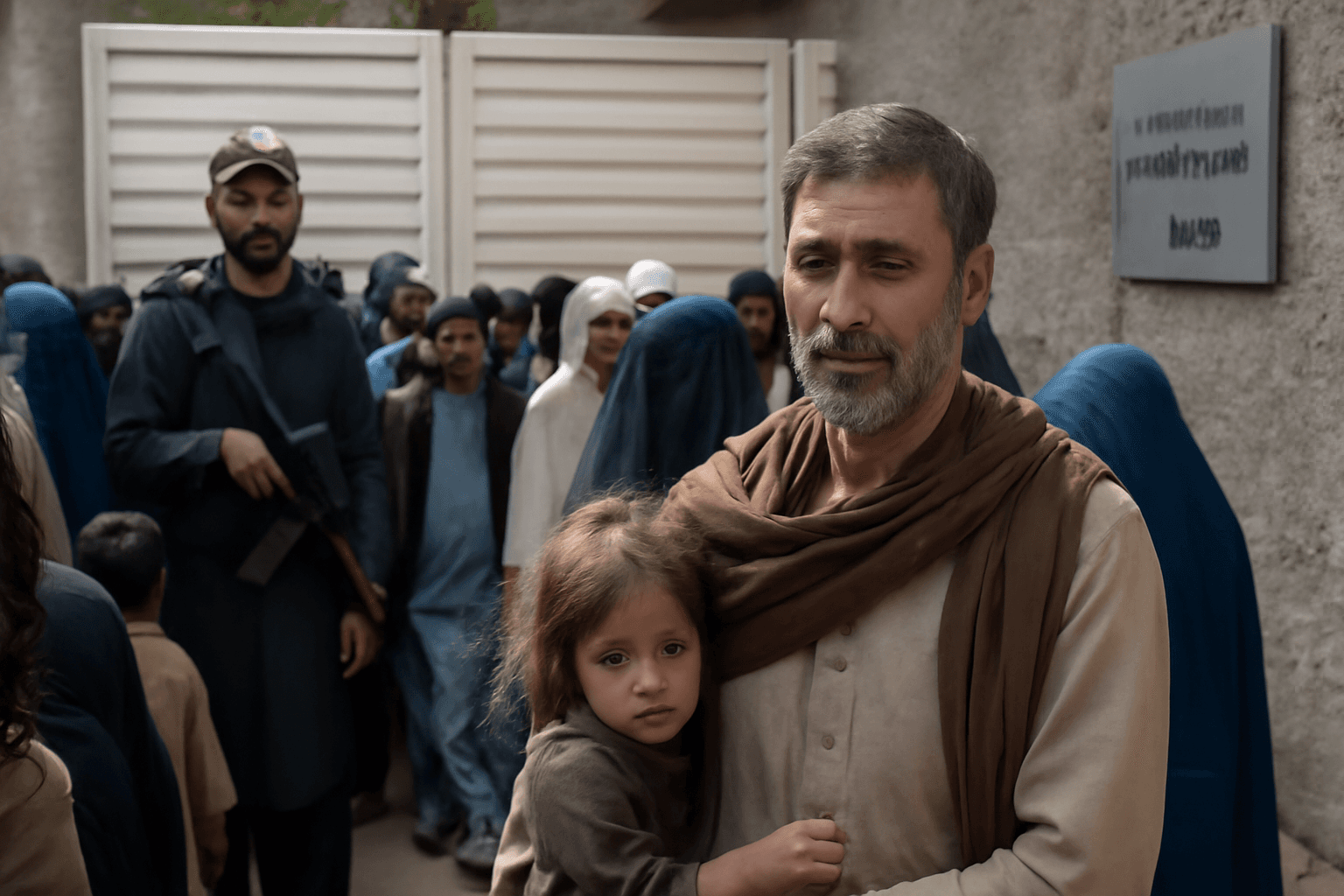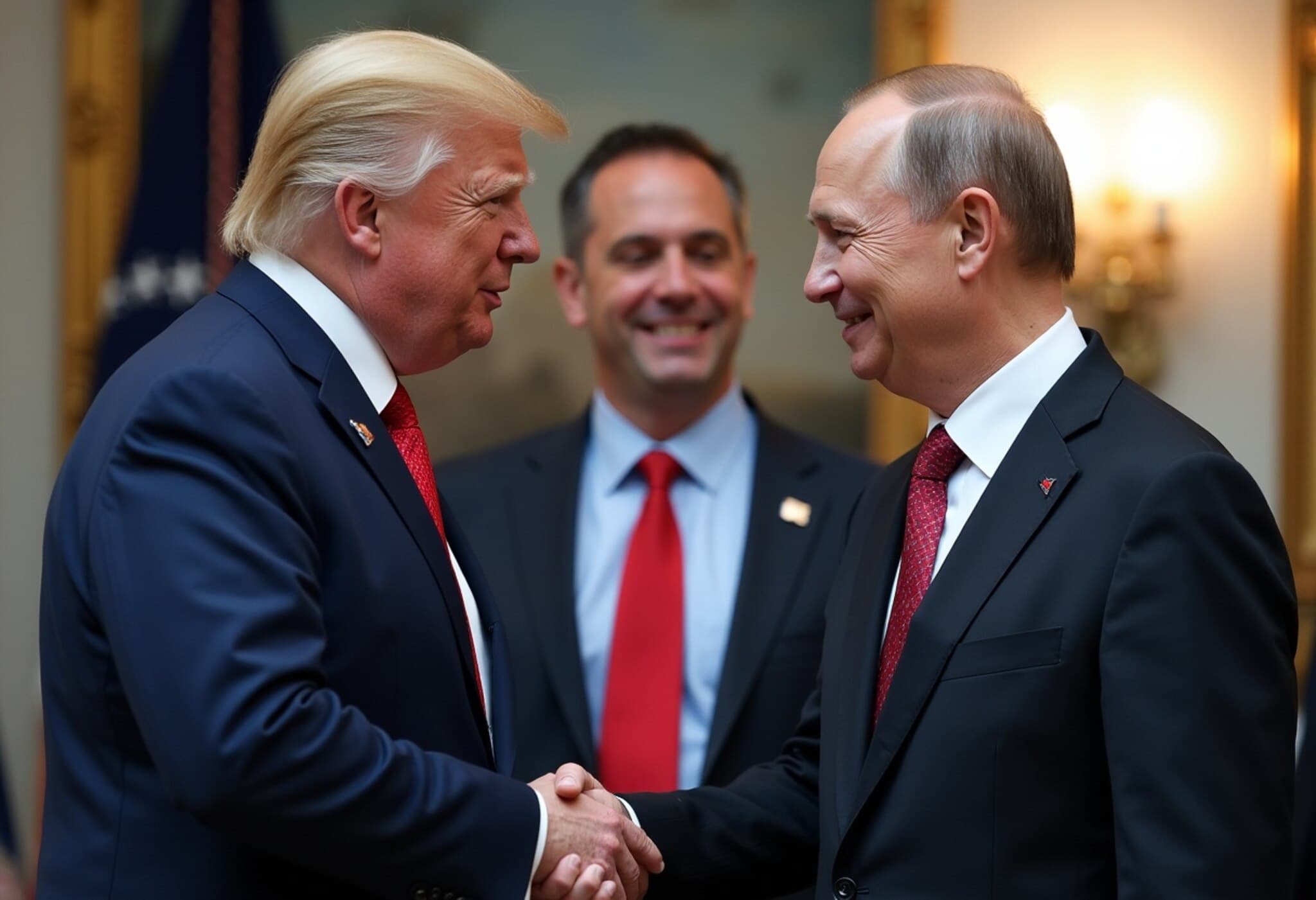Former Hamas Hostages Make a Powerful Plea to President Trump
In a heartfelt appeal shared on social media, six former hostages of Hamas, alongside the widow of a hostage tragically executed by the militant group, have called on former U.S. President Donald Trump to intensify efforts to secure the release of all remaining captives and bring an end to the ongoing conflict in Gaza.
A Call for Leadership Amid Unrelenting Conflict
The group—comprising Naama Levy, Ohad Ben Ami, Doron Steinbrecher, Sasha Troufanov, Arbel Yehoud, Iair Horn, and Michal Lobanov—expressed gratitude toward Trump for helping to facilitate the return of 39 hostages, crediting his leadership and courage with saving their lives and reuniting them with their families.
"President Trump, we want to thank you for bringing us home. We know it wasn’t easy. Your leadership and courage gave us back our lives and our families," said Levy, the first to speak in the video posted by the advocacy group Bring Them Home Now.
Urgency to Act: Saving Lives Hanging in the Balance
Highlighting the precariousness of the situation, released hostage Sasha Troufanov warned, "Every bullet, every strike, could be the one that ends their life," urging urgent intervention to protect those still in captivity.
Iair Horn, whose brother remains a hostage, implored Trump to become "the president of peace" by taking decisive action to end not only the war but also the suffering of countless families.
Similarly, Arbel Yehoud spoke poignantly about his partner’s continued captivity, declaring, "Every single one needs to come back home." The emotional weight of these pleas underscores the human cost of the conflict that regularly gets lost amid geopolitical discourse.
The Human Toll: Stories of Loss and Fear
Michal Lobanov, whose husband Alexander Lubanov was executed by Hamas last August, spoke from a place of unimaginable grief:
"He came back to me in a coffin. President Trump, please act now before it’s too late for the others."
This tragedy puts a sharp focus on the urgent need for peaceful resolution and diplomatic intervention.
Mothers of Hostages Express Grave Concerns Over Military Operations
Beyond former captives, mothers of those still held in Gaza have voiced their fears that military offensives may further jeopardize their sons’ lives. Viki Cohen, mother of Israeli soldier Nimrod Cohen, shared:
"When I heard that our government intends to extend the war in Gaza, I as a mother am afraid because we know that Hamas gives commands to kill the hostages whenever the military is getting close to them."
Galia David, mother of another hostage seen emaciated in recent Hamas footage, echoed these concerns, noting that released hostages had described increasingly brutal conditions during active fighting.
Expert Insight: A Complex Intersection of Humanitarian Crisis and Diplomacy
From a policy analysis perspective, this situation presents a particularly complex challenge for U.S. foreign policy and international diplomacy. The involvement of a former U.S. president, though unofficial, highlights the ongoing international interest and influence vested in resolving the hostage crisis.
The appeals emphasize the dual need for robust diplomatic engagement combined with careful military planning to avoid further endangering innocent lives. The emotional testimonies humanize a conflict often reduced to headlines and statistics, reminding policymakers and the public alike of the real lives on the line.
What Lies Ahead?
With no quick resolutions in sight, the testimonies of the released hostages and the pleas of the families underscore a critical question: How can international actors leverage their influence effectively to secure peace and reunite families torn apart by conflict?
As the region braces for potential escalations and continued suffering, these voices call for compassion, courageous leadership, and decisive action to transform tragedy into hope.
Editor’s Note:
These urgent appeals from former hostages and their families serve as a solemn reminder of the devastating human cost of prolonged conflicts. They challenge us to think beyond military might and to prioritize dialogue and humanitarian efforts. In the broader American and global context, the story underscores the importance—and difficulty—of balancing strategic interests with the imperative to protect human dignity and life. As readers, we must ask ourselves: What role can effective leadership play in turning the tide toward peace, and how can international frameworks better support hostage recovery in conflict zones?

